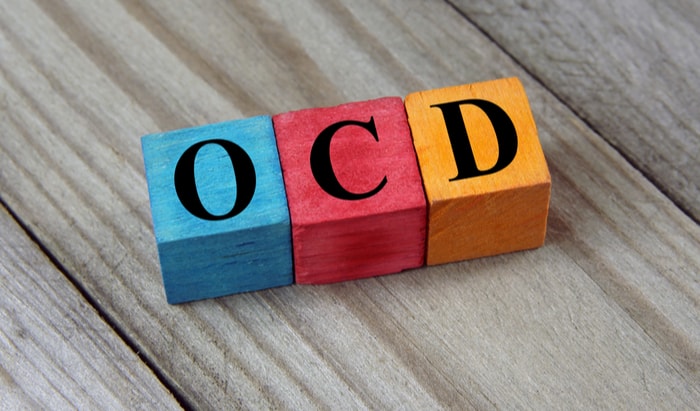Australian-first clinical trial shows brain stimulation can treat severe OCD: Deep brain stimulation has been found to help people with severe obsessive compulsive disorder (OCD) that has not responded to other treatment, in a clinical trial led by University of Queensland researchers.
Study lead author Dr Philip Mosley from the Queensland Brain Institute, CSIRO and the QIMR Berghofer Medical Research Institute said the trial produced some remarkable results given the lifetime of disability experienced by participants.


“For example, one participant has married, started a business and now has a young family after participating in the study,” Dr Mosley said.
“We have demonstrated that deep brain stimulation is a promising treatment, and our ultimate goal is for this to become an approved therapy for those sufferers with extreme and treatment-resistant OCD.”
People with OCD – a psychiatric condition affecting between one and two per cent of the population – experience intrusive, anxiety-provoking thoughts (obsessions) that may be accompanied by mental acts or behaviours (compulsions).
Time dealing with these behaviours profoundly interferes with their day-to-day life, and reduces occupational and social functioning.
Dr Mosley said the team had imaged the brains of participants to understand exactly how deep brain stimulation was providing a therapeutic benefit.
“The brain imaging has provided valuable information that will help us to repeat these positive findings in the future.”
This trial was a first for Australia, was randomised and double-blind placebo controlled, strengthening the reliability of the findings.
It targeted a region of the brain involved in mediating sustained stress and anxiety – and involved nine participants with severe OCD who had not responded to years of extensive pharmaceutical or psychological treatment.


L-R Professor Peter Silburn and A/Prof Terry Coyne
The implantations were performed by QBI’s Associate Professor Terry Coyne (neurosurgeon) and Professor Peter Silburn (neurologist), world leaders in deep brain stimulation.
In the first part of the trial, half of the participants received active stimulation and half received placebo stimulation for three months.
The clinical trial showed further gains in the second phase of the trial, when all participants received active stimulation for a further nine months, and a course of cognitive behavioural therapy once they had responded to stimulation.
QBI Director Professor Pankaj Sah said deep brain stimulation delivered by implanted electrodes was well-established for treating movement disorders like Parkinson’s disease.
“Deep brain stimulation is like a pacemaker for the brain – the electrodes deliver a continuous electrical impulse to a targeted region of the brain, a treatment that is both adjustable and reversible,” Professor Sah said.
“The trial showed a statistically and clinically-significant reduction in OCD symptoms during active stimulation when compared to placebo.”
The researchers gratefully acknowledge the commitment of the participants who contributed their time to the study, which was funded by QBI in partnership with Medtronic.
The clinical trial results are published in the Nature Journal, Translational Psychiatry (doi.org/10.1038/s41398-021-01307-9).
- Combination of drugs could prevent thousands of heart attacks - 21st April 2025
- UQ Study Links Poor Teen Diets to Heavy Social Media Use - 21st April 2025
- Gut microbiome could delay onset of type 1 diabetes - 3rd April 2025

